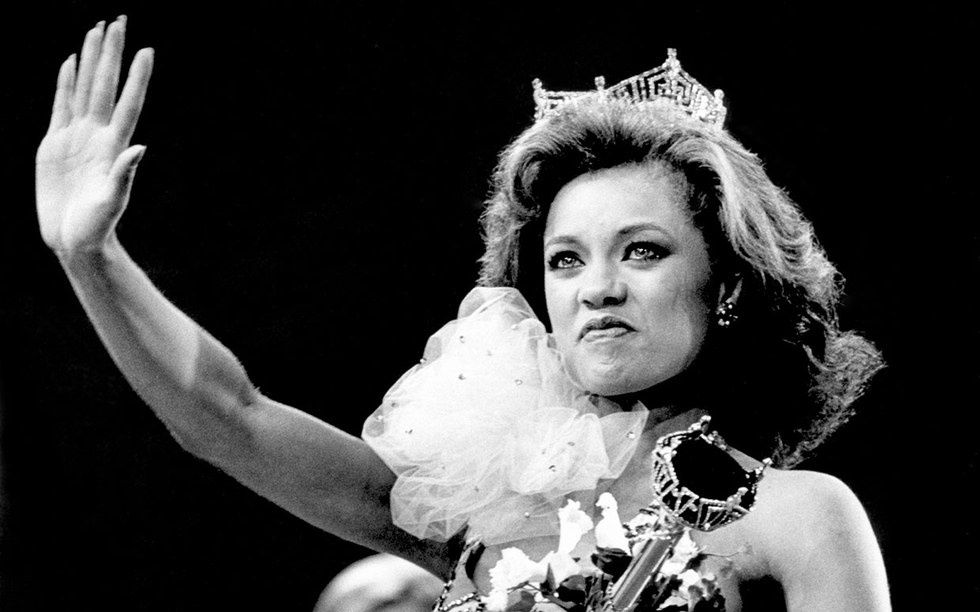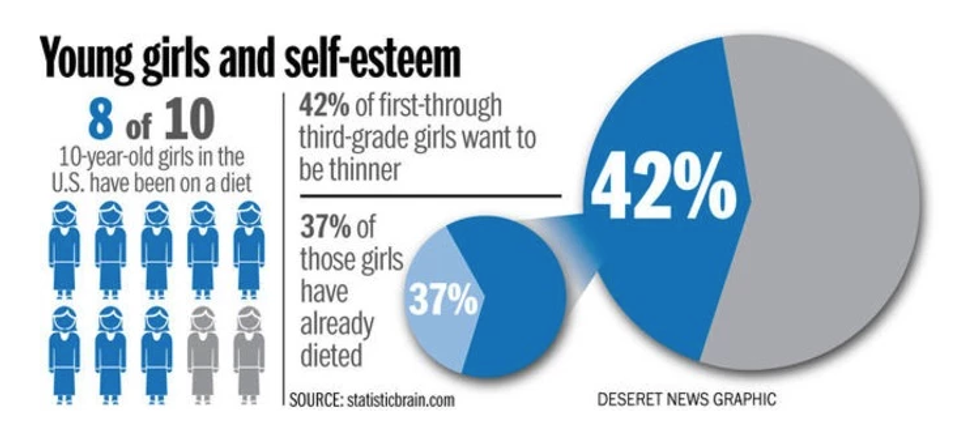From a young age we are taught not to judge people by what they look like, but who they are -- the idea behind beauty pageants goes directly against this idea and essentially charges people to judge them based on their looks. Over the course of history, women have fought life and death for equal rights, yet oddly enough events completely opposite and as superficial as pageants still exist.
Pageants have elicited much controversy about their effects on body image issues. Especially at a young age, participation in these activities have a huge influence on the development of self-esteem, self-worth and body image. Post-competing it is not uncommon at all for teens to struggle with self-identity, which will take its toll in adulthood. This drive toward perfectionism for retired competitors has been nicknamed "The Princess Syndrome" by Martina Cartwright. Unrealistic expectations embedded into them as a child lead to dissatisfaction down the road. Not much research has been done to see if contestants are more at risk for eating disorders, but a 2005 study revealed that past childhood contestants expressed higher rates of dissatisfaction with their bodies.
Unhealthy competition was also picked on in these pageants. Out of the 50 contestants it was said that the one winner would be used, while the other 49 would be useless. Many feminist and women's liberation groups focused on changing the emphasis society had on competition. These groups tried to direct the use of competition away from "traditional patriarchal standards," claiming that unhealthy competition negatively affects men and women.
Beauty standards of the times were very clearly illustrated by the winners of these pageants over the course of the years. Until 1968, there had not been a Miss America contestant of color who was a finalist in the pageant. Finally, in 1983 Vanessa Williams made history as the first African American Miss America. However, she was asked to resign from this title after nude photos were published of her in Penthouse magazine.

Gradually, people have worked to tear down negative segments of pageants. By focusing on making them more positive events for everyone, instead of tearing them down completely, it is easier for people to accept and appreciate pageants for what they can be.







































